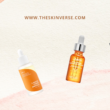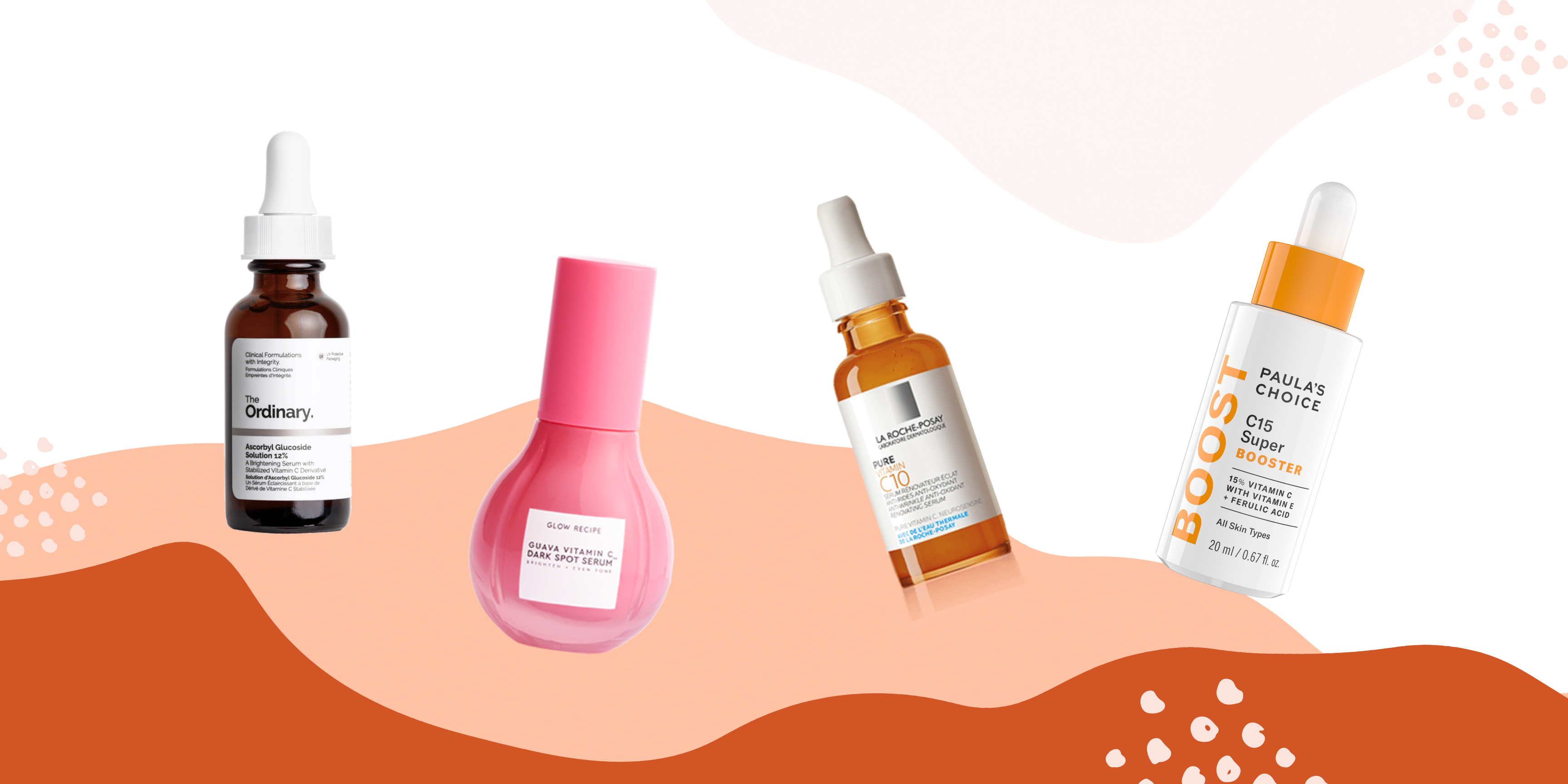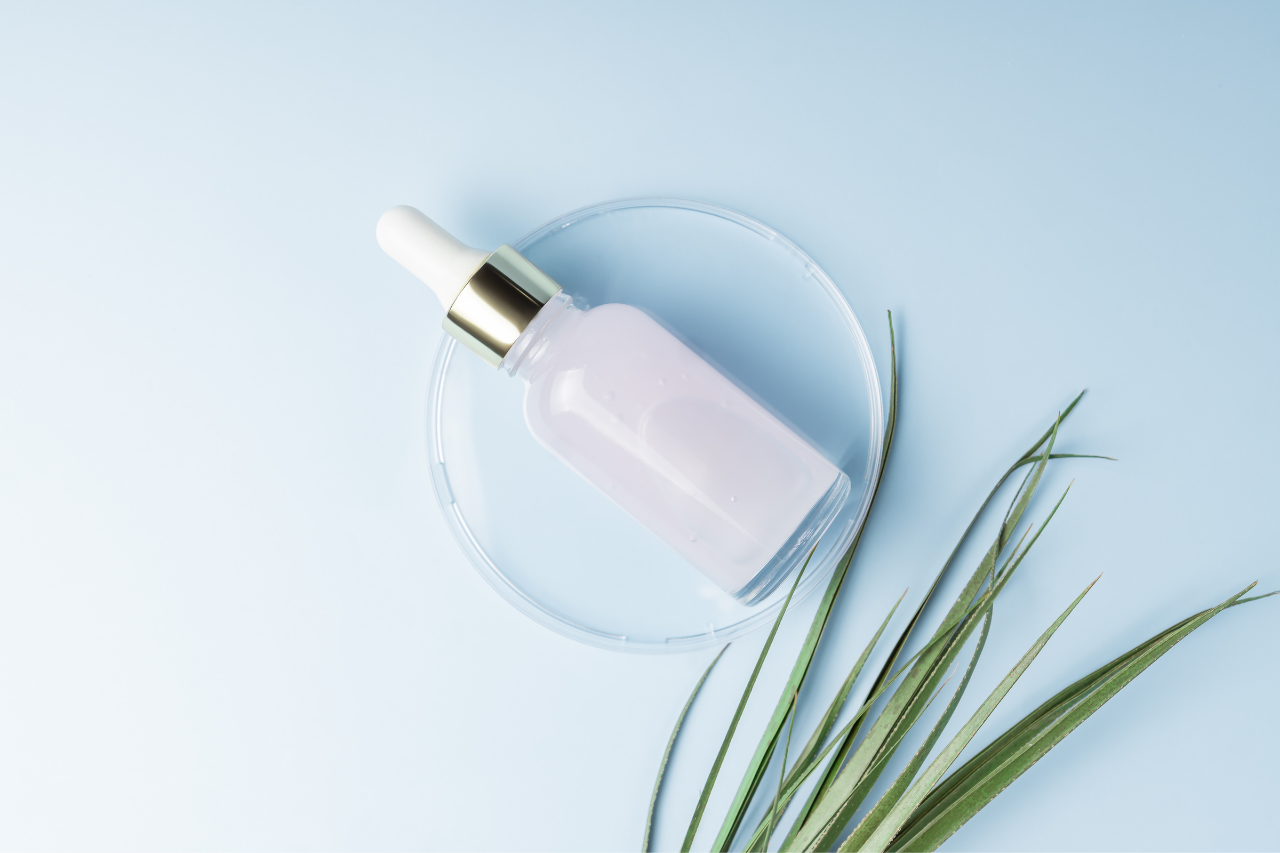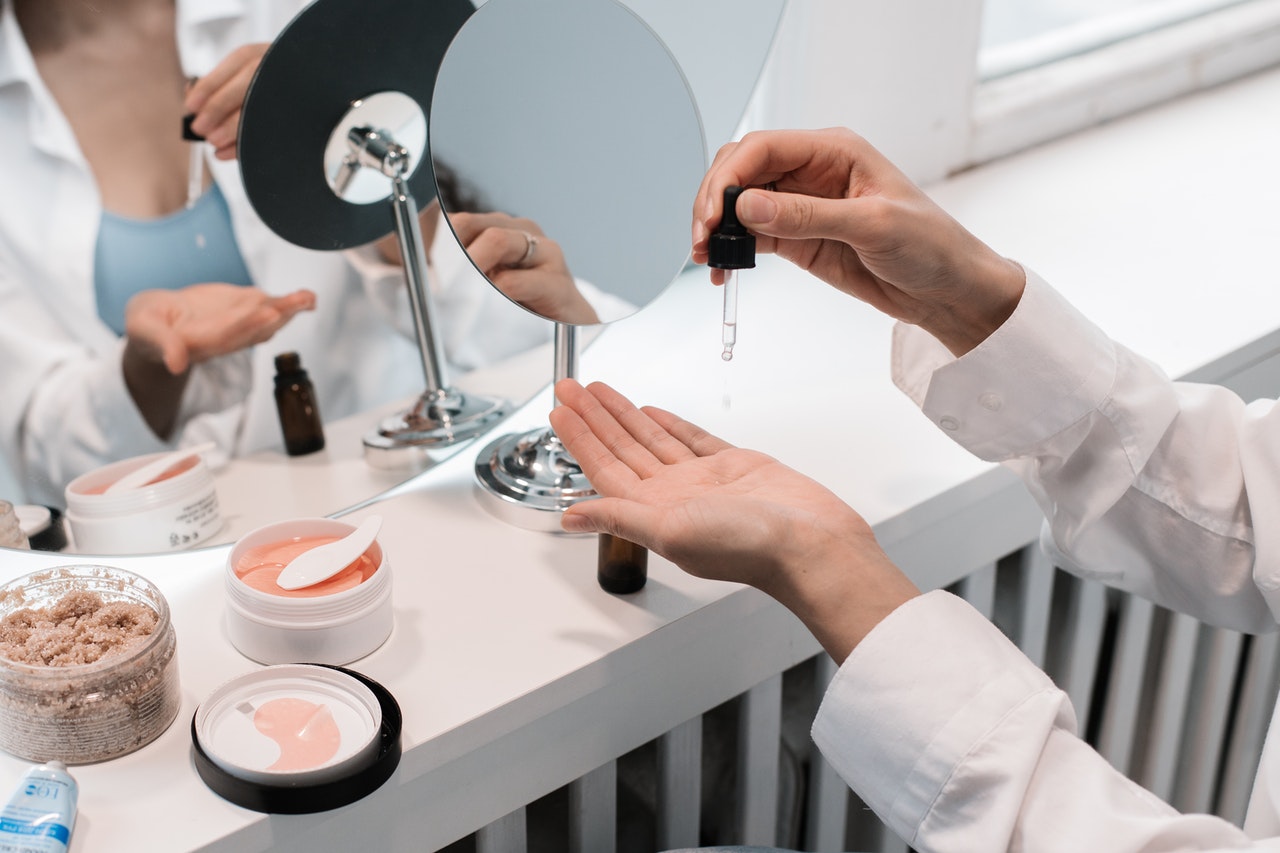Vitamin B3 for skin, which also goes by the more popular name niacinamide (we will use their names interchangeably in this article) has proven itself to be a miracle vitamin. It isn’t really a new vitamin or something, it has been around for a long time.
We hope to give you some surprising (not really though) facts about it although it is no surprise that people are still talking about it. Think of this post as your complete guide to “Vitamin B3 for skin”.
What is Vitamin B3 for skin (aka Niacinamide) and where do you get it?
There are eight kinds of vitamin B, and B3 is one of them that steals the show. Vitamin B3 isn’t produced by our body, so we have to get it from the food we eat. Leafy beans, meat, fish, chicken, turkey, and cereal grains are the best sources of Vitamin B3.
In skincare, however, you can get it from skincare products such as serums, lotions, sunscreens, you name it! When your body suffers from Vitamin B3 deficiency, there is a risk of several skin (pellagra, for example) and brain disorders.
Here are Vitamin B3 benefits for skin:
1. It stimulates collagen synthesis and makes tissues more elastic
Niacinamide is a great anti-aging agent because of its ability to build collagen, keratin that keeps the skin plump and youthful.
2. Vitamin B3 strengthens the hydrolipid mantle
Your skin’s lipid barrier is what locks the moisture in. Think of it as a shield that protects your skin from external pollutants of the environment like bacteria, dirt, toxins, etc. This is one of the crucial benefits of Vitamin B3 for skin, especially for sensitive, dry skin where the skin barrier is damaged and needs to be restored.
3. It reduces the appearance of wrinkles
Numerous studies have concluded that topical application of Vitamin B3 is very effective for treating facial wrinkles and fine lines, as well as crow’s feet area around eyes.
4. It brightens the skin and fights pigmentation
It feels like niacinamide is a cure to all skin issues: in a way, it is! It is very versatile in the sense that it solves the problems of different skin types. Aging skin that experiences dark spots, hyperpigmentation can greatly benefit from using it.
5. It helps regulate oil production of the skin
Vitamin B3 for skin with excess oil and acne is truly a god sent. Excess oil production leads to clogged pores, which leads to acne, sometimes severe acne. Vitamin B3 helps regulate sebum (oil) production, hence, treating acne.
6. It moisturizes, softens the skin
Remember the skin barrier (lipid barrier) we talked about? Not only does vitamin B3 help strengthen this barrier, but it also hydrates it. So, it does double work and is perfect for dry, irritated skin.
7. It minimizes the appearance of the pores
This is directly related to Vitamin B3’s ability to control oil production. As well moisturized, smooth skin produces the right amount of oil, the result is unclogged pores, which are less visible in the first place. What makes niacinamide so unique is its “correlated” skin benefits. It almost works like a chain, where every piece complements the other. Amazing, isn’t it?
8. It fights inflammation and sun damage
Vitamin B3 actively takes part in the cell-building process and fights inflammation in general. When it comes to skin, sun damage, long exposure to UV lights, toxins are among the common ones. It protects the skin from these harmful UV lights while treating more severe cases like sunspots.
How to use Vitamin B3 for skin?

Generally speaking, eating a diet rich in Vitamin B3 is the best way to prevent its deficiency. As mentioned before, these foods are eggs, cereal, meats like chicken, turkey, and fish. However, when it comes to skin health, eating this food only isn’t going to be enough. So, you will need to incorporate niacinamide into your skincare routine.
How to choose skincare products with Niacinamide?
This one is really up to your skin concern or skin type. Generally, you will find niacinamide in toners, serums, night creams, masks. Pay attention to concentration level before getting a product. The 5 % concentration is almost the golden ratio.
If your skin experiences sun damage, hyperpigmentation, or dark spots, 5 percent formulas will definitely work for you. When shopping for a product, look for serums, they will work best on your skin.
If you have sensitive skin, go with a lower concentrated formula, like 2 percent, for example. Look for “niacin” or “nicotinamide” in product labels. I have used The Ordinary Niacinamide 10% + Zinc 1% Oil Control Serum that has a 10% formula as a person with sensitive skin and an even higher percentage worked for me.
Can you mix Niacinamide (Vitamin B3) with other ingredients?
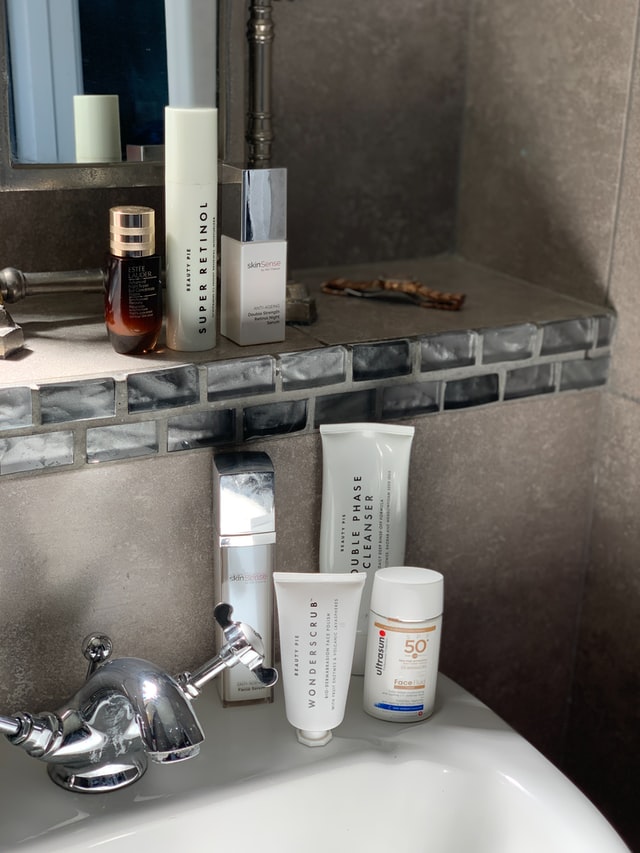
Niacinamide is literally like your nicest friend who gets along with everyone at the party. You can mix niacinamide with other ingredients like hyaluronic acid, retinol, green tea, and AHAs. The best pair would probably be niacinamide + hyaluronic acid. Because hyaluronic acid is absorbed very quickly on the skin, it will help niacinamide get soaked in the skin.
You can also mix niacinamide with retinol. For example, using a niacinamide cream with agents like retinol, resveratrol can definitely give you an anti-aging boost. In fact, using niacinamide alongside retinol can lessen the potential irritation by retinol use.
Read: Greatest Benefits Of Retinol On Skin
What type of skin should use Vitamin B3?

We have already talked about how Vitamin B3 is suitable for all skin types. With that said, some skin types may benefit the most from adding Vitamin B3 to their skincare routine. Here they are:
Acne prone/Oily skin
Although there is no one ingredient to address the acne issue, niacinamide (Vitamin B3) is pretty darn close to being the ONE. And in terms of acne-prone, oily skin, niacinamide works in many ways.
Firstly, it regulates the oil production of the skin, which is the main culprit behind acne anyway.
Secondly, it provides a great moisture balance for oily skin. (and yes, oily doesn’t mean hydrated)
And lastly, it fights the acne bacteria on the skin, while fighting acne scars that cause hyperpigmentation. It really takes part in every step of acne treatment, which makes it very unique.
Dry skin
Dry skin is mainly the result of dehydration, loss of moisture, and damaged skin barrier. Since Vitamin B3 is active in building the skin barrier, it helps the skin retain moisture. Basically, it doesn’t let the moisture fade away which is super important for all of us out there with dry skin.
Sensitive skin
Niacinamide is one of those antioxidants that is definitely sensitive skin-friendly. It is considered to be gentle, safe, and overall very nourishing on sensitive skin. Because it reduces redness, blotchiness that are common for sensitive skin, it is simply a MUST ingredient to use.
Aging skin
Since hydrated, moisturized skin equals younger, healthier-looking skin, the answer is obvious here. Oftentimes aging skin is also sun-damaged skin, so its ability to rebuild skin cells against sunlight works best for aging skin. Plus, it is known for minimizing the appearance of fine lines and wrinkles, so one more thing to be thankful for!
Are there any side effects of Vitamin B3 for skin?
Using Vitamin B3 for skin is considered safe to use. However, some skins may experience allergic reactions but it is not very common. If you have preexisting allergies, chances are your skin might react differently.
To prevent all these situations, we recommend you do a patch test before applying it to your face. Just apply a small amount of product on your arm and leave it for 24 hours. If you don’t experience any redness or itchiness, you are good to go.
Frequently asked questions about Vitamin B3 for skin
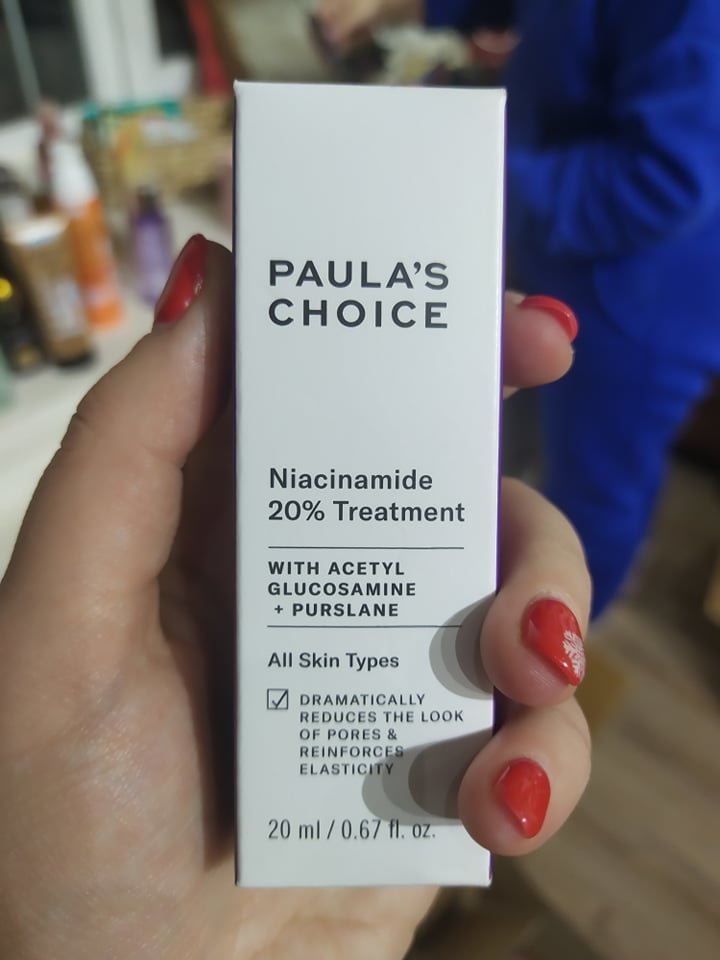
Is niacinamide the same thing as niacin?
The short answer is no. Technically, they are two different types of Vitamin B3. Niacinamide is derived from niacin. Although their names are similar, they perform different functions: niacin on the body, niacinamide on the skin.
How soon can you expect results from using Vitamin B3 for skin?
I know we have touted the benefits of the miraculous Vitamin B3 for skin, however, even miracles don’t happen overnight. It will take some time to see the full effect of niacinamide. You can expect some visible results from four weeks to eight weeks.
It really depends on your skincare routine, skin type, or what products you use. When you start noticing hydrated, healthier-looking skin, then you will really see the difference. In case you don’t see any improvement, consult with your dermatologist. You might have to tweak your skincare routine or daily diet.
How often should you use niacinamide?
It is totally safe to use niacinamide daily. You can include it in your morning or nighttime routine. Don’t forget that consistency is key. Follow a regular schedule especially if you are dealing with hyperpigmentation or dark spots.
Can you use niacinamide with Vitamin C?
Using niacinamide with vitamin C has been a controversial topic up until the 1960s. But as science progressed and new research emerged, it was proved that it is safe to mix niacinamide with Vitamin C.
They both are powerhouse antioxidants that serve endless skin benefits, so using them together will only boost your skin further. When used together, they can solve a number of skin issues like enlarged pores, fine lines, and fighting against free radicals (Vitamin C) that damage the skin.
The bottom line
The final verdict is that Vitamin B3 for skin is literally a cure for all skin types.
Whether you have dry or oily skin, you simply have to incorporate Vitamin B3 into your skincare routine.



